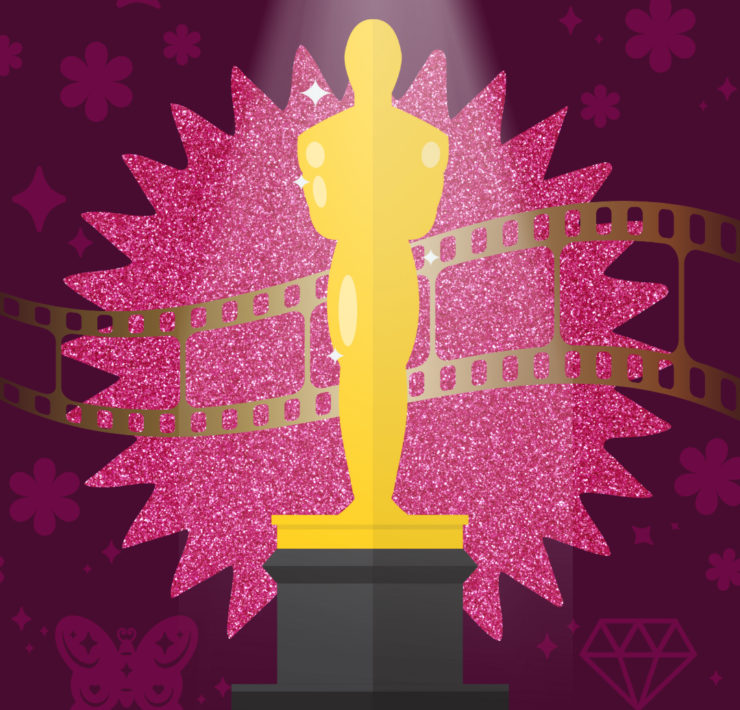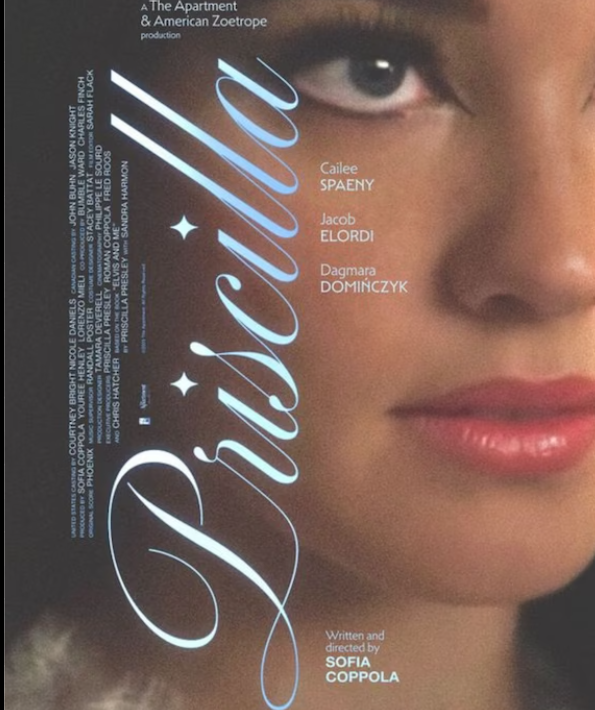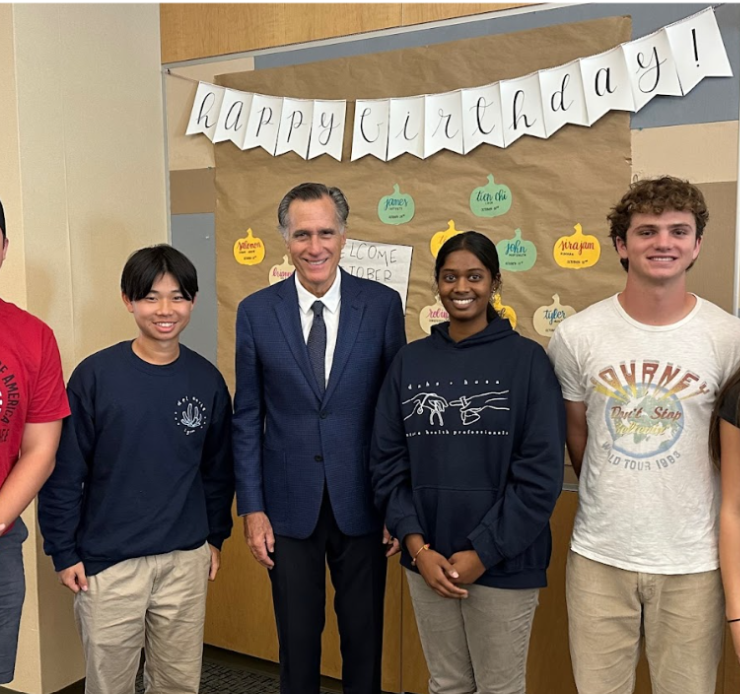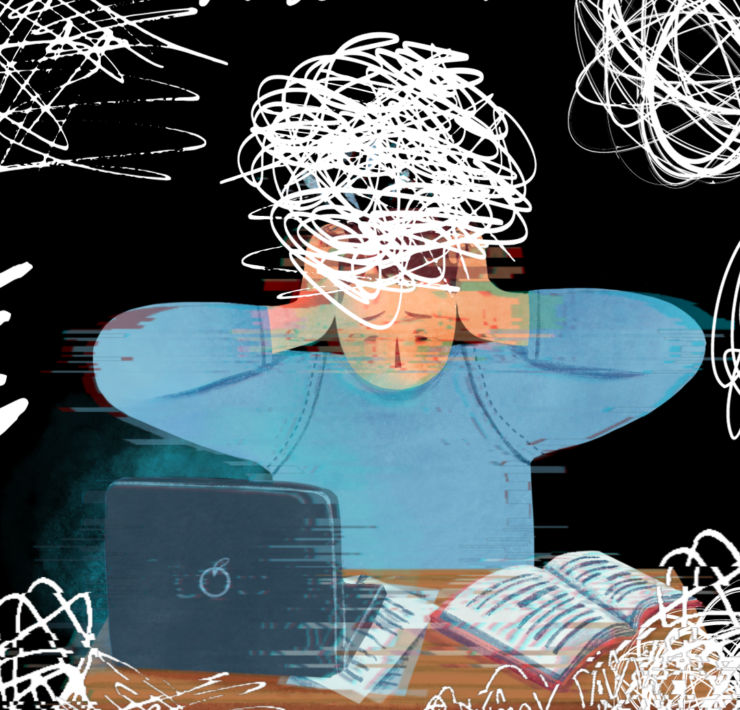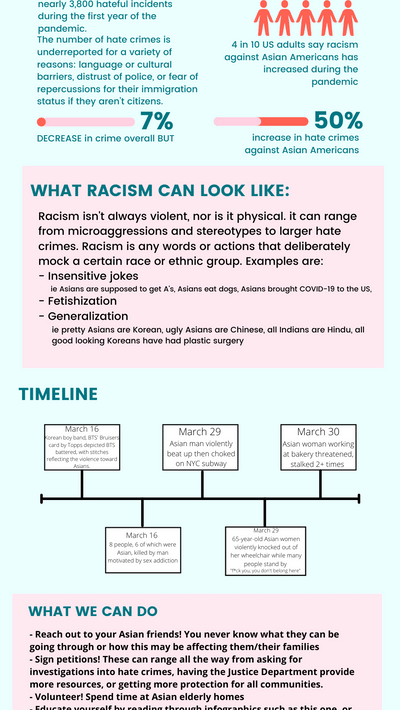Quarantine Book Club Relieves Academic Pressure at Del Norte
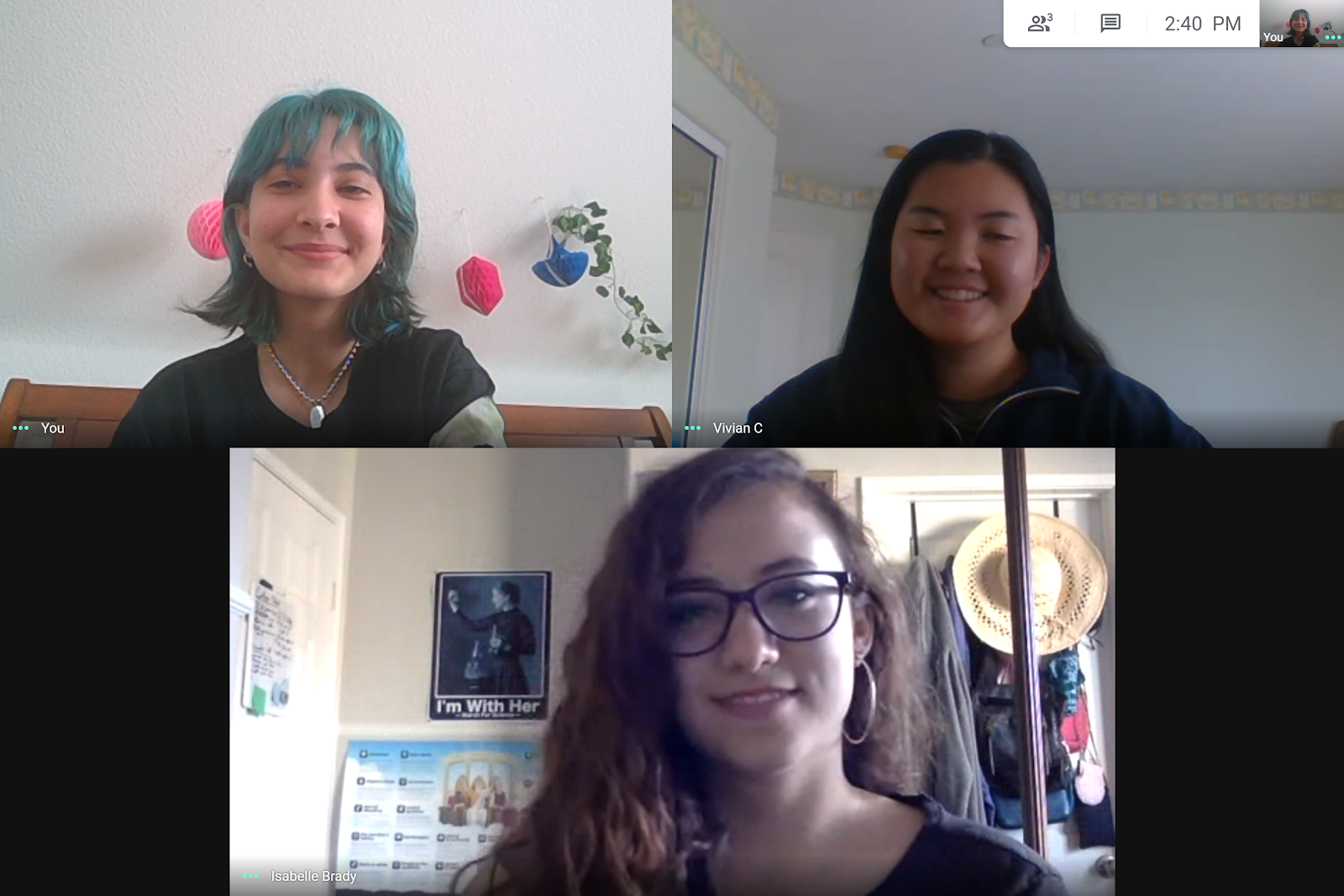
Those who have taken AP Biology at Del Norte are probably familiar with the weekly ritual of “Friday check-ins,” in which students write a brief letter to their teacher and hear back from them the following Monday. For Vivian Chung (‘21) and AP Bio teacher Juli Cheskaty, these check-ins culminated in the creation of an unofficial book club with a unique focus: self-help.
Back in May, one check-in referencing the author Brené Brown resulted in Cheskaty mentioning Abby Wombach’s book Wolfpack to Chung via Remind 101. Chung wrote back, “I love Abby Wombach. Her wife Glennon Doyle has written a great book called Untamed.”
“I was like, ‘Um, guess who has read all three of Glennon Doyle’s books?’” Cheskaty recalls with a laugh. “It started a long time back; we just somehow mentioned that we were reading books.”
From that point on—even into the summer—Chung would check-in to announce which books she had finished, Cheskaty would comment on the ones she had not yet started, and the two would go back and forth about what they found in their reading.
The idea to form a larger club occurred when, reading Wolfpack, Chung would give “these huge paragraphs” of her thoughts on every chapter. Cheskaty mentioned how much she would love to have a fuller discussion, and Chung agreed. From there, an email list was created for those who were interested, and a Zoom meeting was set up. In the club’s first meeting, it was announced that Wolfpack would be their first topic of discussion.
Eventually, the conversation progressed from self-help books to immigration to Western individualism.
As a rule, the club is a safe space for people to talk about their emotions and opinions without being judged or othered—although that wasn’t Chung’s only motivation.
She always wanted to include both staff and students in the book club. If they started talking about things like teamwork, she believed, then it could lead to a shift in how both view the academic culture at our school.
“That’s another reason why I started reading these books so much,” says Chung, “because I didn’t ever really feel like I was good enough—in the sense that I was always comparing myself to other people.”
She notes that drawing comparisons between ourselves and others is very common, and that when we compare ourselves, we feel guilty. Chung finds that this is something many students experience at Del Norte in particular. Basing our self-worth around only our accomplishments—which don’t exist by our own standards, but rather in fluctuation, revolving around the accomplishments of others—is dangerous. As Chung takes on more leadership positions, she has come to discover that the problem is only getting worse and worse.
“I don’t know how many times in these six weeks I’ve had to tell an underclassman to calm down, that they’ll be okay,” she says.
This, ultimately, is her reason for doing something like forming a book club centered around mental health: “If there’s one thing I’m going to leave at this school, I don’t want to leave that impression of, ‘Yes, let’s have this competitive academic culture continue.’
“If we start reading these books that show us why we feel guilty about [comparing ourselves], or why we feel the need to compare ourselves all the time, and how to address it, and how to create an environment that’s supportive of everyone, it could help the overall academic culture.”
When AP Biology teacher Kimberly Pytel joined the discussion some time later, she pointed out something similar that self-help books emphasize: “If you obsess over being the best student, or the best teacher, you’re reminding yourself every day that you’re not the best student or teacher.” In other words, we trap ourselves in vicious cycles; these books encourage us to break out of that kind of self-delusion.
Overall, to Chung, self-help books are how she makes discoveries about both others and herself. “This is what I live for,” she says fondly. “I live for these books.”
“And I live for socialization,” Cheskaty adds.
Ida Mobini is a former staff writer for The Talon since its revival. They enjoy reading, writing, and playing music. They also contribute to Del Norte's literary magazine The Featherlist.


